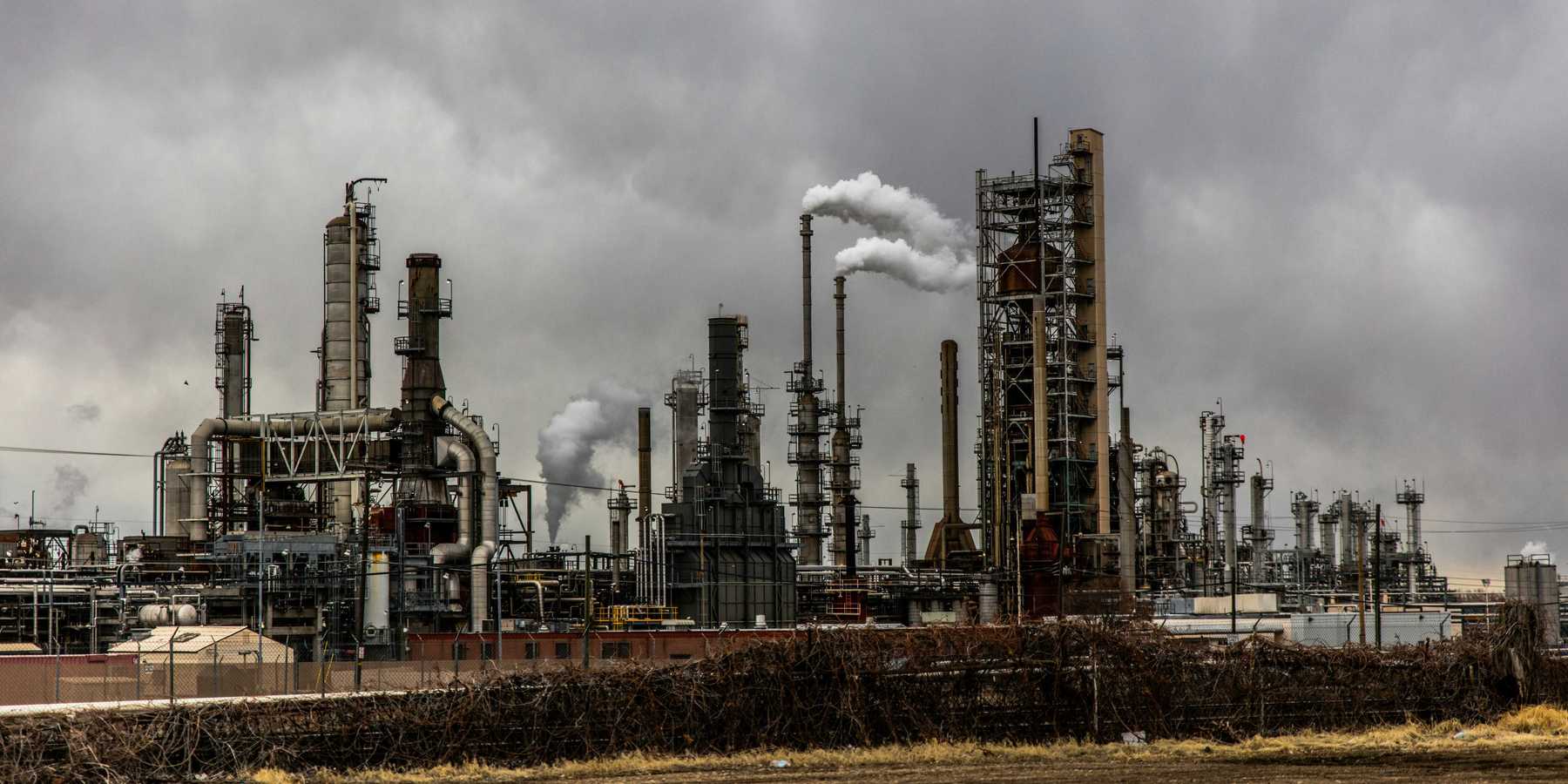22 March 2024
Oil companies' emissions may lead to extensive heat fatalities
A recent study by Global Witness reveals that emissions from leading oil companies are on track to cause millions of heat-related deaths by 2100.
Matthew Taylor reports for The Guardian.
In short:
- A Global Witness study indicates burning fossil fuels by major companies could result in 11.5 million heat deaths by 2100.
- Projected carbon emissions from Shell, BP, TotalEnergies, ExxonMobil, and Chevron total 51 billion tonnes by 2050.
- Excessive heatwaves have caused significant mortality, particularly impacting vulnerable populations globally.
Key quote:
“Every 0.1C of warming will be lethal.”
— Sarah Biermann Becker, senior investigator at Global Witness
Why this matters:
Research indicates that the carbon dioxide and other greenhouse gases emitted by oil and gas companies are significant drivers of climate change, exacerbating the frequency, duration, and intensity of heatwaves. These extreme heat events pose a severe risk to human health, particularly for vulnerable populations.













